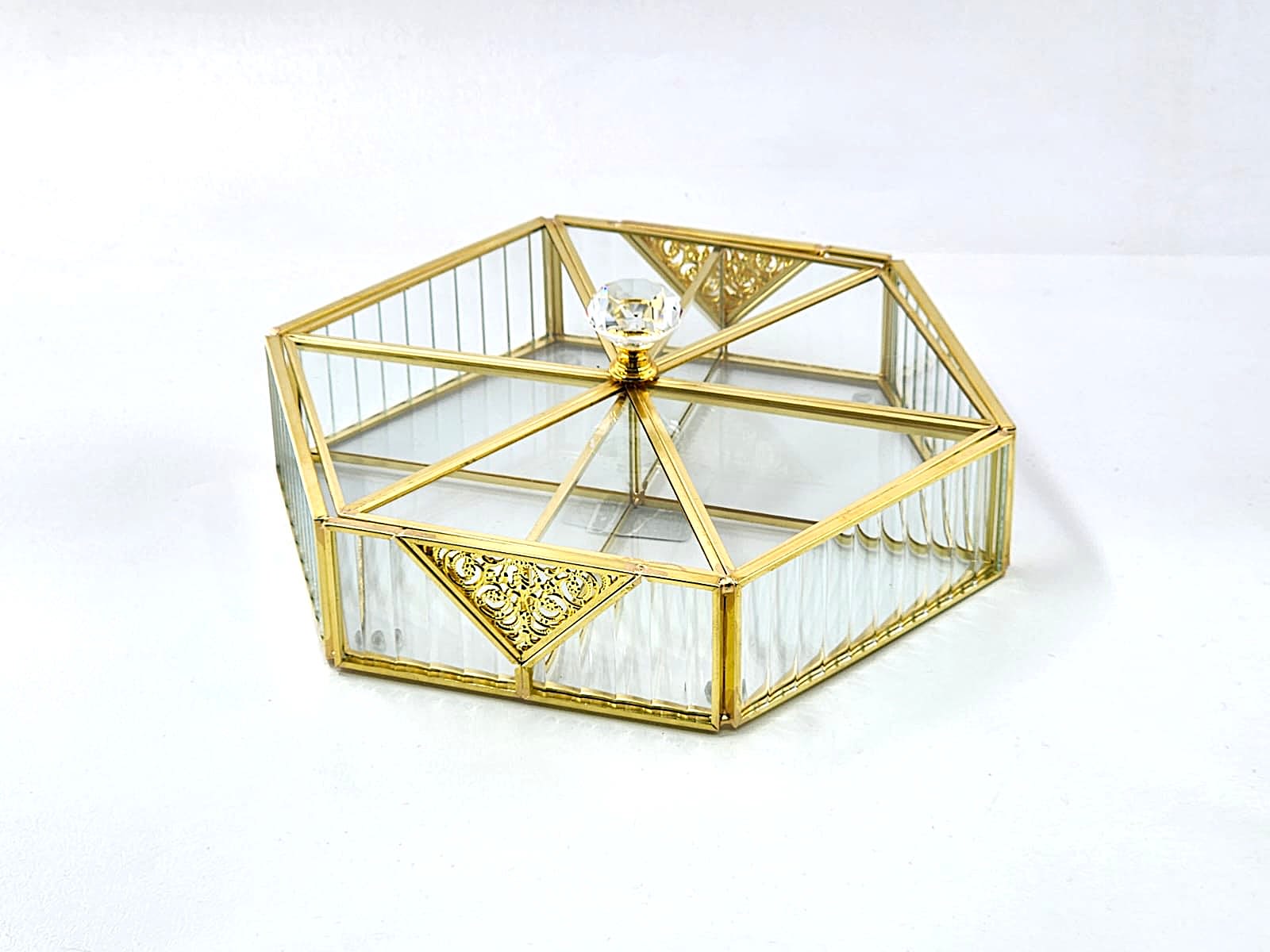
Yosef Danced In Prison
Yosef was incarcerated on trumped-up charges. Even so, he accepted his plight with happiness. The Midrash tells us that Yosef was a "jumping man,"...

Yosef (Joseph) the Tzaddik Danced in Prison
Any person that faces such a difficult and taxing test of faith can be reassured in knowing that if he or she musters the emuna and inner strength to accept the current predicament with love, then the entire situation is likely to turn around for the better.
Yosef was incarcerated on trumped-up charges (see Bereishit, Chapter 39). Even so, he accepted his plight with happiness. The Midrash tells us (Yalkut Shimoni, Vayeishev, 145) that Yosef was a “jumping man,” in other words, he was accustomed to singing and dancing all day long as an inmate. How could he act like that, as a lone Hebrew prisoner in a cruel Egyptian jail? He simply trusted in Hashem, and believed that everything was for the very best.
By virtue of Yosef’s amenable, cheery disposition, the warden took a liking to him and placed him in charge of the other prisoners. Yosef literally did whatever he pleased whenever he pleased. The minute his Heavenly-decreed sentence was up, he was virtually rushed out of prison to become the second most powerful man in all of Egypt – the world’s greatest superpower at that time – overnight!
Suppose that Yosef would have lacked emuna, and would have moped around his prison cell with a long and sour face, complaining about his lot in life. Hashem’s Divine Presence departs from the midst of depression and complaint. Without Hashem’s intervention, Yosef certain wouldn’t have become the warden’s favorite inmate. As a lone, dejected Hebrew prisoner, he might have suffered all kinds torment from the other prisoners – murderers, thieves, and rapists of the meanest and lowest order. He could have rotted in jail for years, not even daring to dream of freedom, much less of meteoric success as the vice-premier of Egypt! In short, without emuna, he would have suffered a living death.
A long list of tzaddikim including Rebbe Schneur Zalman of Liadi, Rebbe Yisroel of Ruzhin, Reb Natan of Breslev, and Rabbi Chaim ben Attar spent time in prison, all on false accusations. Yet, they took advantage of their predicament to devote their entire time and energies to prayer, Torah learning, and the service of Hashem. Many even composed famous works of Torah nuances and religious thought behind bars.
No matter how unbearable a situation may seem, a person can take solace in knowing that his or her life is in Hashem’s hands and under His personal care. In retrospect, we always see how Hashem does everything for the very best.
If Yosef and the above mentioned tzaddikim accepted their incarceration lovingly and with happiness, despite the fact that they were all falsely accused and convicted, then a less righteous person should certainly do so as well. One should also remember that imprisonment is frequently a substitute for a much more serious tribulation or punishment. Consequently, a person should actually thank Hashem for being in jail.
Hashem Reproves Those Whom He Loves
A prisoner should never forget that Hashem loves him, listens to his prayers anywhere and anytime, and wants him to do teshuva. If he’s smart enough to utilize his time for prayer, teshuva, and whatever good deeds he can do behind bars, then Hashem will surely help him find favor in the eyes of the jailers, the warden, and the parole board. A person should maintain the faith that Hashem has an infinite number of ways to free him from jail.
The Heavenly court has serious complaint with a person who doesn’t take advantage of imprisonment for Torah learning, prayer, and teshuva. In jail, a person doesn’t have to worry about making a living, paying bills, or going to PTA meetings. Most inmates have plenty of time at their disposal; Hashem gives them the conditions that are conducive for introspection and teshuva.
Logically, and in accordance with emuna, an inmate should be well-disciplined and respectful to the guards and prison authorities, and kind to his fellow inmates. Noble deportment behind bars invokes everyone’s admiration, as well as enhanced Divine compassion. Emuna makes a jail sentence so much more bearable.
Many former inmates have testified that their term in jail was an actual turning point in their lives for the better, having terminated their sentences as emotionally and spiritually stronger and healthier people.
“I Shall Heal Your Afflictions” (Yirmiyahu 30:17)
Sickness is a severe test of emuna. Therefore, a sick person must recognize the three principles of emuna, as follows:
- Hashem makes a person sick; one should avoid attributing sicknesses to natural causes or to human error.
- Hashem sends sickness for a person’s ultimate benefit.
- Hashem wants the sick person to initiate a process of self-evaluation, attempting to identify any possible wrongdoing that might have led to the sickness and then do teshuva accordingly.
A sick person’s prayers are most effective when preceded by teshuva.
Rebbe Nachman of Breslev teaches that certain serious diseases are the outcome of a lack of emuna (see Likutey Moharan I:5). In effect, a deficiency of emuna is more dangerous than any affliction, because a deficiency of emuna can lead to any number of afflictions. Therefore, the key to good health lies in teshuva, prayer, and reinforcement of emuna.
The Professor from Annipoli
Hashem is the physician of all flesh and only He can cure. Once, a Jew visited the renowned tzaddik Rebbe Mordechai of Neschiz, and complained of a severe illness. The tzaddik asked, “Have you visited the famed professor from Annipoli?” The sick Jew replied that he never heard of such a person. “In that case,” added the tzaddik, “go see him – he can surely help to cure you!”
The sick Jew heeded Rebbe Mordechai’s advice, and made a difficult, backbreaking wagon trip to Annipoli. When he arrived at the township, he asked the first Jew he encountered where the famed professor lives. The local Jew shrugged his shoulders, and said that there’s no such thing as a doctor or medic in all of Annipoli, much less a famous professor. The sick Jew’s heart broke – had he made this entire excruciating journey for nothing?
“What do you people do when you get sick, with no doctor or medic in town?” asked the sick Jew.
The local answered, “Whenever people here are ill, they do teshuva, pray to Hashem, ask Hashem to cure them, and then they get better.”
The sick Jew, brokenhearted, turned his horse and wagon in the opposite direction, and made the long, hard, bumpy trip back to Neschiz. He had a serious complaint to lodge with Rebbe Mordechai the tzaddik: “You know how sick and weak I am, Rebbe! Why did you send me all the way to Annipoli for nothing? There’s not even a country doctor in that one-horse town!”
Rebbe Mordechai smiled patiently. “Didn’t anyone there explain to you what they do in case of sickness if they don’t have a doctor?”
The sick Jew replied, “Yes, they did; somebody gave me a perfunctory answer that they pray and do teshuva, then they get better.”
“That’s the Professor of Annipoli,” answered the tzaddik. “It’s Hashem! Whenever people turn to Him, He cures them. He’s the Professor that the people of Annipoli turn to. He’s available 24 hours a day, and doesn’t charge for house calls. He can even turn bread and water into miraculous medicine, for it is written (Shemot 23: 25), ‘He shall bless your bread and your water, and remove sickness from your midst.'”
To be continued…













Tell us what you think!
Thank you for your comment!
It will be published after approval by the Editor.